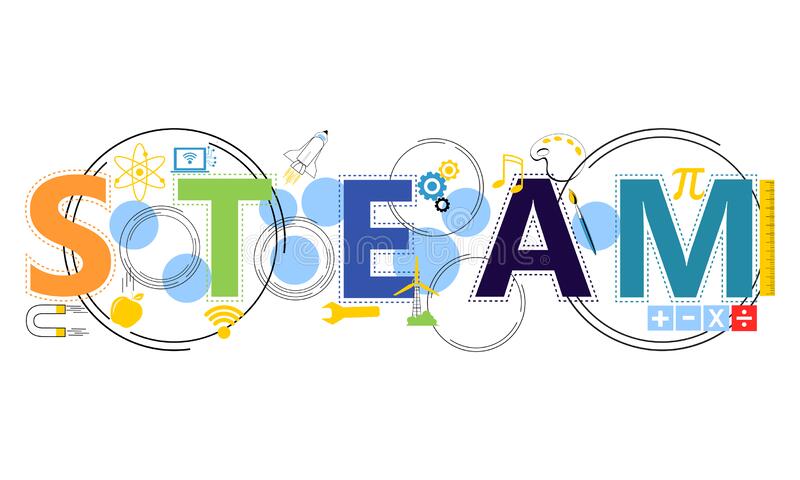Navigating Parenthood Teen Parenting Courses Unveiled

Navigating Parenthood: Teen Parenting Courses Unveiled
Teenage parenting is a challenging journey, but with the right guidance and education, young moms and dads can build the foundation for a successful family. In this article, we explore the importance of teenage parenting courses in empowering and supporting young parents on their parenting journey.
Empowering Young Parents: Essential Teenage Parenting Classes
Teen parenting courses serve as a crucial resource for young parents, offering them the knowledge and skills necessary to navigate the complexities of parenthood. These classes cover a range of topics, from child development and health to effective communication and problem-solving strategies. By providing essential information, these courses empower young parents to make informed decisions for the well-being of their children.
Teen Parenthood 101: Comprehensive Courses for Success
Comprehensive teenage parenting courses go beyond the basics, delving into the emotional and practical aspects of parenting. Topics may include time management, financial planning, and stress coping mechanisms tailored to the unique challenges faced by young parents. This holistic approach equips teenagers with the tools needed to thrive in their dual roles as parents and students.
Unlocking Parenting Skills: Teen Courses for Bright Futures
Teen parenting courses focus on unlocking parenting skills that are crucial for building a bright future for both parents and children. From nurturing a child’s emotional well-being to fostering a healthy parent-child relationship, these courses emphasize the importance of creating a supportive and loving environment for the entire family.
Guiding Tomorrow’s Parents: Teenage Parenting Mastery
Teenage parenting mastery is not an unattainable goal, thanks to specialized courses designed to guide young parents through the various stages of their child’s development. These courses provide valuable insights into effective discipline, positive reinforcement, and age-appropriate activities, ensuring that young parents are well-prepared for the responsibilities that come with raising a child.
Essential Lessons: Teen Parenting Courses for Success
Success in teenage parenting is rooted in the essential lessons taught through specialized courses. These lessons cover everything from prenatal care to early childhood development, ensuring that young parents have a solid understanding of the critical phases of their child’s life. By acquiring this knowledge, young parents can make informed choices that contribute to the overall well-being of their families.
Teen Moms and Dads: Mastering Parenthood Together
Teen parenting courses emphasize the importance of collaboration between young moms and dads. By creating a supportive community, these courses foster an environment where teenage parents can share experiences, exchange advice, and build a network of support. This sense of camaraderie is invaluable in helping young parents navigate the challenges of parenthood together.
Building Strong Foundations: Teenage Parenting Workshops
Workshops within teenage parenting courses focus on building strong foundations for both the parents and their children. These interactive sessions may include practical demonstrations, group activities, and discussions that reinforce key parenting concepts. By actively engaging with the material, young parents can apply their newfound knowledge in real-life situations.
Parenting Prep: Specialized Courses for Teenage Parents
Parenting prep courses for teenage parents are tailored to address the unique






